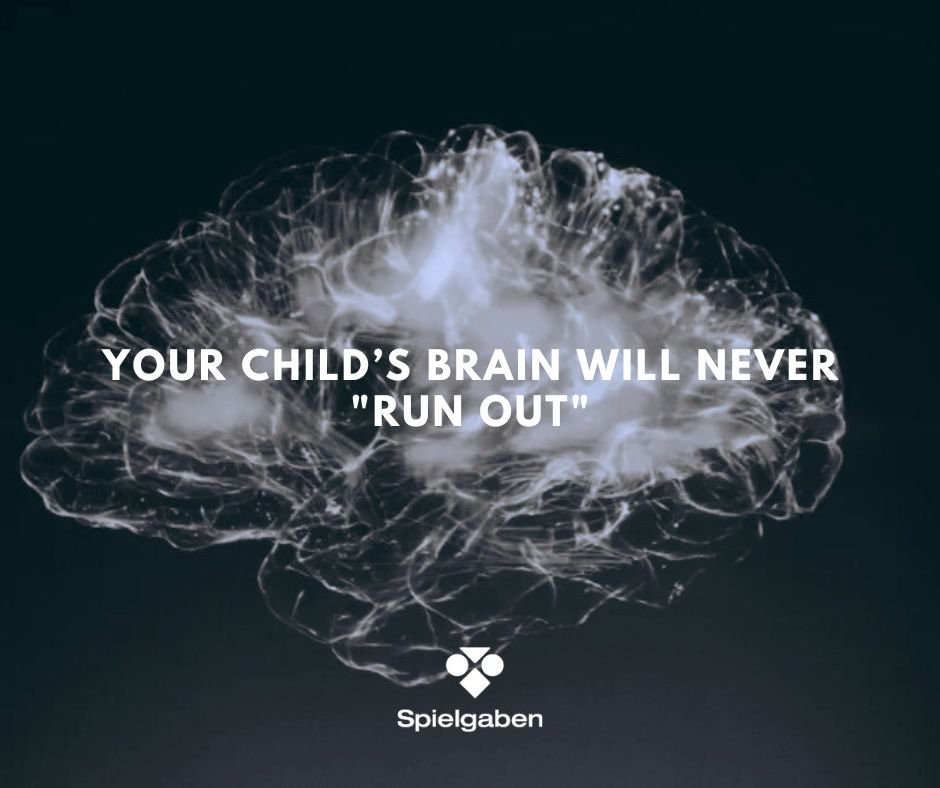How Physical Activity Boosts Focus and School Performance
The Importance of Regular Exercise for Children
As parents, we often prioritize our children’s academic success, believing that the more time they spend studying, the better their school performance will be. While academic discipline is important, research shows that physical activity plays a crucial role in a child’s ability to focus, process information, and improve school scores.
Let’s delve into why regular exercise is essential for children and provide practical tips for incorporating physical activity into your child’s daily routine.
The Link Between Exercise and Cognitive Function
Studies consistently demonstrate the positive connection between physical activity and cognitive function in children. Regular exercise increases blood flow to the brain, which in turn enhances concentration, memory, and problem-solving skills. One study by the Centers for Disease Control and Prevention (CDC) revealed that students who participated in regular physical activity performed better academically, with higher test scores and better attention in class.
Children who are active typically exhibit improved executive function—skills necessary for planning, organizing, and completing tasks. The parts of the brain responsible for these abilities, particularly the prefrontal cortex, are positively influenced by physical movement, making it easier for children to focus on their studies and absorb new information.
A groundbreaking study from the University of Illinois showed that children who engaged in just 20 minutes of moderate aerobic exercise before a test had noticeably better scores than those who did not exercise. This demonstrates that physical activity can enhance cognitive performance in the short term and long term, helping kids not just in school but in life.
Mental Health and Emotional Benefits of Exercise
Another critical aspect of regular exercise is its impact on mental and emotional well-being. Children today face increasing pressure from academics, social expectations, and extracurricular activities. Physical activity serves as an essential outlet for stress and anxiety, which can otherwise interfere with their ability to concentrate and perform well in school.
When children engage in physical activity, their bodies release endorphins—hormones that naturally improve mood and reduce stress. This boost in emotional well-being helps children stay motivated, focused, and confident in their academic pursuits.
A report published in the journal ‘Pediatrics’ found that children who engage in regular physical activity are less likely to suffer from depression or anxiety, both of which are linked to poor school performance. Regular exercise not only builds physical strength but also helps kids develop resilience, which is essential when they face academic challenges.
The Physical Health Benefits of Regular Exercise
Physical activity is not only important for cognitive and emotional health, but also for the overall physical well-being of children. Establishing a habit of exercise early in life sets the foundation for long-term health, helping to prevent obesity, diabetes, and cardiovascular problems. A healthy child with strong physical fitness is likely to have better attendance at school, fewer illnesses, and more energy to focus on learning.
The CDC recommends that children and adolescents aged 6 to 17 engage in at least 60 minutes of moderate-to-vigorous physical activity daily. This can include anything from playing sports to running, cycling, or even walking. Meeting this daily goal keeps children energized and helps them manage their weight, leading to improved stamina and the ability to concentrate for longer periods during school hours.
A child who feels physically fit is more likely to develop positive self-esteem, which in turn boosts their engagement in the classroom. Healthy children are also more likely to sleep well at night, which further enhances their ability to focus and perform academically.
How Exercise Improves Focus and Study Habits
One of the greatest challenges parents face is helping their children focus on schoolwork, especially when distractions abound—whether it’s technology, social media, or even just day-to-day stress. Here’s where exercise can have an immediate and profound impact.
Physical activity helps increase dopamine and serotonin levels in the brain, which are chemicals that regulate mood and attention span. A study by the University of Eastern Finland found that children who participated in higher levels of physical activity were more likely to pay attention in school, be less fidgety, and retain information more effectively.
In addition to biochemical benefits, regular exercise teaches children discipline, goal-setting, and perseverance. These qualities, fostered through physical activity, translate directly to academic success. For example, children who participate in team sports learn how to manage time, collaborate with others, and work toward a goal—skills that are equally important for schoolwork and group projects.
Daily Tips to Incorporate Exercise into Your Child’s Routine
Knowing that exercise is vital for children’s cognitive, emotional, and physical development, how can we ensure that our kids are getting enough of it? Here are some practical tips for integrating physical activity into your child’s daily life:
1. Active Family Time
Make exercise a family affair by scheduling regular outdoor activities, such as hiking, biking, or playing in the park. Not only will this help your child stay active, but it also fosters family bonding and sets a positive example.
2. Set Daily Movement Goals
Encourage your child to aim for 60 minutes of physical activity each day. This doesn’t need to be done all at once; it can be broken into smaller chunks throughout the day. A 15-minute walk in the morning, 20 minutes of running or sports after school, and a bike ride or dancing in the evening can easily meet this goal.
3. Limit Screen Time
With the increasing presence of smartphones, video games, and streaming platforms, it’s easy for kids to spend hours sitting in front of a screen. Limit their recreational screen time and offer active alternatives such as swimming, soccer, or even a game of tag in the backyard.
4. Join a Sport or Activity Club
If your child enjoys being part of a group, consider enrolling them in a team sport or activity club such as soccer, basketball, or gymnastics. Not only will they get their daily dose of exercise, but they’ll also learn important life skills like teamwork, discipline, and leadership.
5. Incorporate Short Brain Breaks
If your child is struggling to focus on homework, try integrating short “brain breaks” that involve physical movement. A five-minute dance break, some quick stretches, or jumping jacks can refresh their mind and improve their concentration.
6. Walk or Bike to School
Whenever possible, opt for walking or biking to school instead of driving. This simple change ensures daily exercise and helps children start their day with an active mindset, which can enhance focus during the school day.
Conclusion: A Holistic Approach to Learning and Growth
As parents, it’s easy to get caught up in the belief that academic success comes solely from books and hours of study. However, regular physical activity is just as important for cognitive development and school performance. From improving focus and memory to reducing stress and anxiety, exercise provides children with the tools they need to excel both in and out of the classroom.
By incorporating daily physical activity into your child’s routine, you’re not only helping them stay healthy and fit, but you’re also giving them a competitive edge in their academic pursuits. With the right balance of study and movement, your child will be better equipped to reach their full potential.













LEAVE A COMMENT